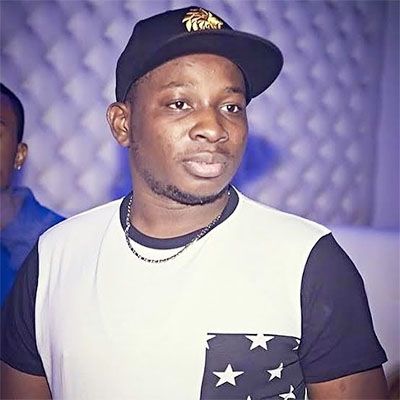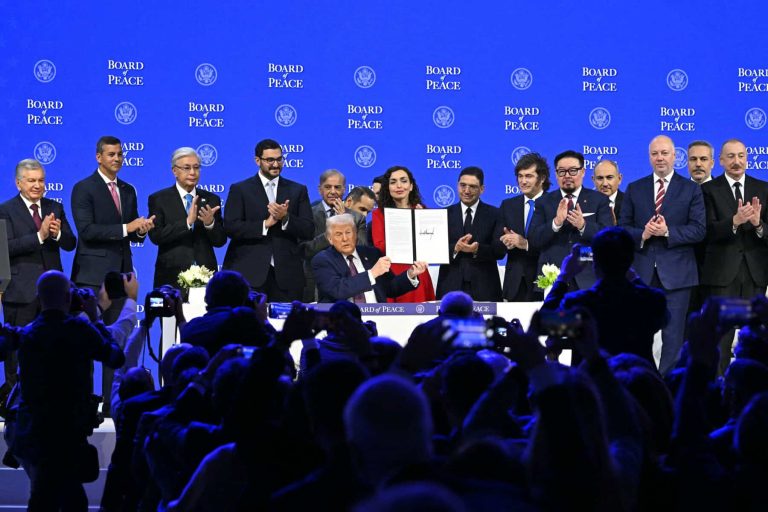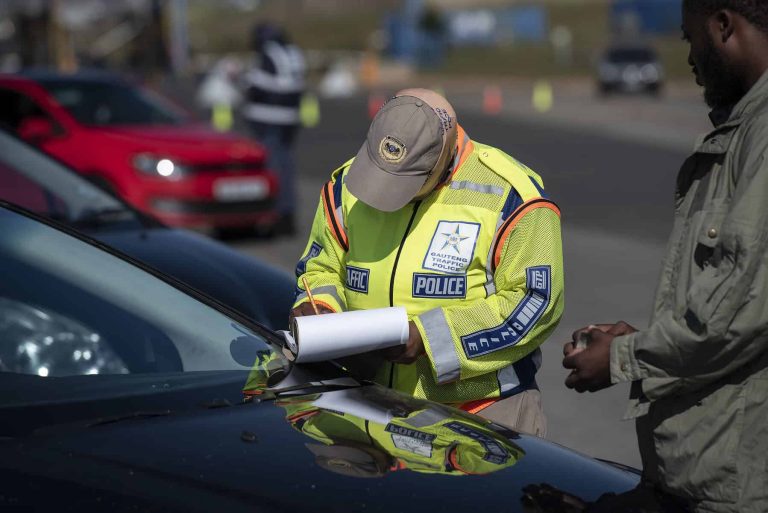
Nigerian music promoter Biliamin Olabanji, widely known as Billy Que, has shed new light on the behind-the-scenes work that helped Afrobeats break into the UK mainstream years before it became a global force.
In a recent conversation, Billy Que traced the genre’s rise in Britain to the efforts of UK-based Nigerian promoters such as SMADE, Ayo Shonaiya, DJ Abass, Tim Westwood and others who consistently booked Nigerian artistes for shows in London and other British cities. He said these early concerts gradually exposed UK audiences to the emerging sound from West Africa.
According to him, the UK music scene at the time was dominated by Garage, Grime, Afroswing, and Caribbean Dancehall. Afrobeats was barely acknowledged until promoters began flying in Nigerian stars — particularly rising talents — to perform for diaspora communities. The growing interest eventually caught the attention of major platforms such as BBC Radio 1Xtra, whose DJs and producers began spotlighting the genre.
“During those formative years, Afroswing helped solidify African influences in Black British music,” Billy Que explained, noting how the hybrid sound created space for Afrobeats to flourish.
He also credited early trailblazers for laying the foundation that later promoters built upon. Among them was JJC, the producer linked with Black British hip-hop group Big Brovaz, who formed the 419 Squad to amplify African culture in UK music at a time when representation was limited.
Billy Que highlighted the influence of Ayo Shonaiya and DJ Abass, who used live events and media platforms to create distinctly African cultural spaces in the UK entertainment industry. He pointed to the famous “Nigeria Corner” at the Notting Hill Carnival, which eventually became a major performance stage for Afrobeats acts.
He further noted that BEN TV, owned by Alistair Soyode, played a pivotal role in showcasing African entertainment. With DJ Abass as a key presenter on the channel’s Intro show, the platform hosted some of Nigeria’s top stars of the era, including Tony Tetuila, Jazzman Olofin, The Trybesmen, Ruggedman and even Jamaican duo Chaka Demus & Pliers.
Billy Que’s reflections underscore how years of grassroots promotion, cultural advocacy and media exposure helped transform Afrobeats from a niche diaspora sound into a major global genre.



